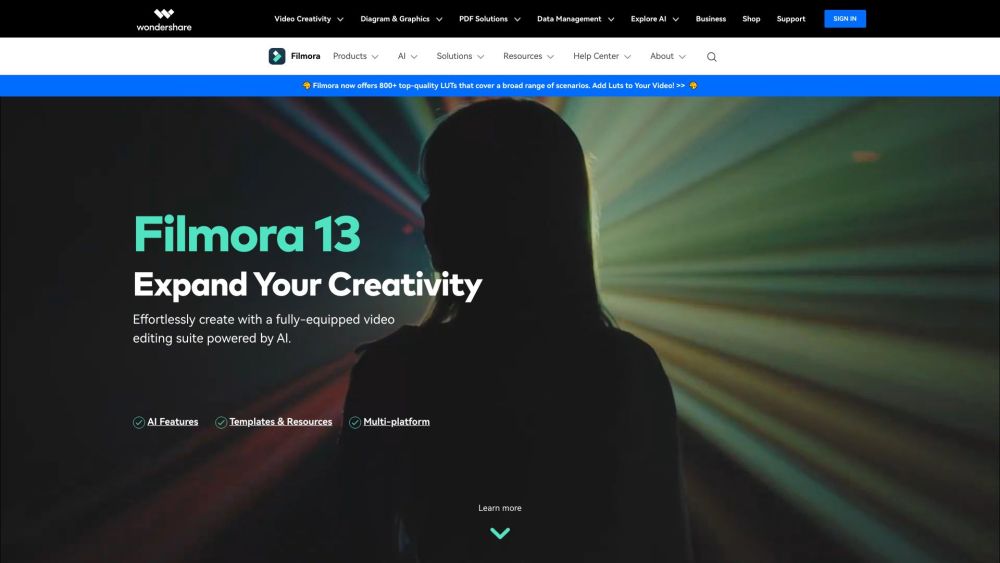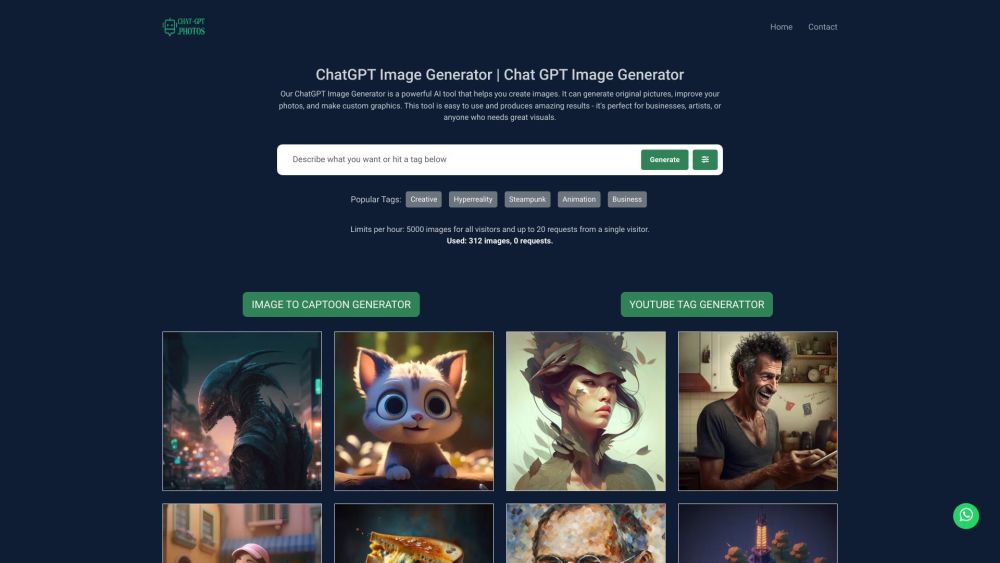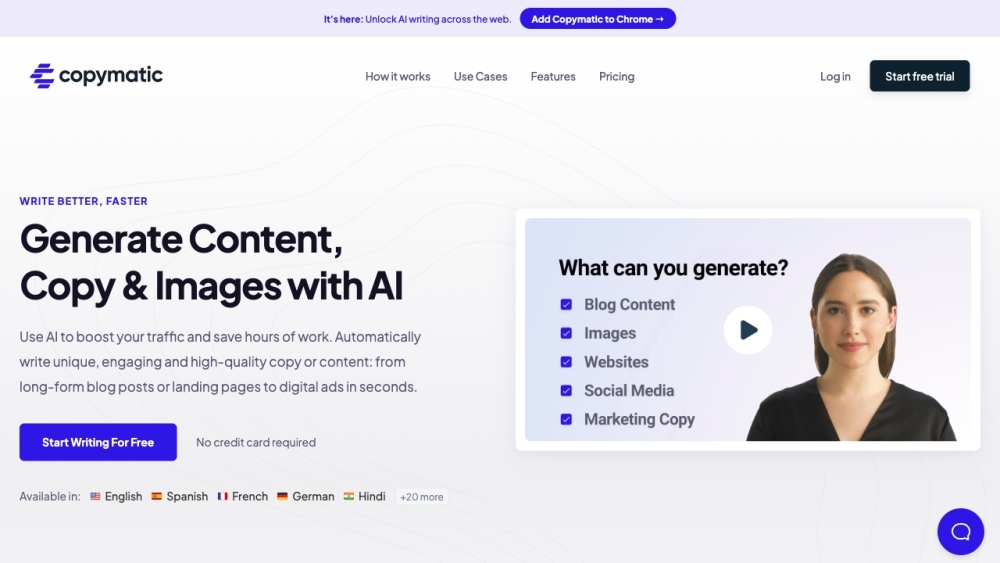Women have historically faced underrepresentation in the tech industry, and this trend extends to artificial intelligence (AI) as well. However, this does not reflect a lack of interest. According to a recent survey by Women Go Tech, 68% of female respondents have used at least one AI tool, with ChatGPT ranking as the most popular choice. Furthermore, 61% expressed a desire to learn more about AI tools and applications.
The survey reveals that many women may be hesitant to dive deeper into AI due to insecurities stemming from long-standing biases and discrimination, as well as concerns about data privacy and ethical technology use. "Women are generally very interested in AI and its potential applications but often hesitate to engage deeply with AI tools," the report states. The technical nature of AI coupled with prevailing gender stereotypes can undermine women's confidence in utilizing and understanding these tools, presenting a significant barrier to their full engagement.
The survey, supported by Google.org and the Organization for Security and Co-operation in Europe (OSCE), included insights from 5,400 participants across 13 European countries. Respondents were categorized into four groups: those interested in tech careers (31%), those uninterested in tech careers (30%), experienced tech workers (27%), and those new to the sector (12%). Among aspiring technologists, 77% showed interest in AI, and 63.9% of experienced professionals expressed a desire to learn more.
Beyond ChatGPT, respondents also explored platforms like OpenAI Codex, Bard/Gemini, and GPT-4, primarily for translation, navigation, and answering queries. However, 25% of participants reported discomfort with their technical skills, underscoring how factors like low confidence and limited access to education can influence self-esteem.
Women often underestimate their abilities due to pervasive stereotypes, leading to reduced representation and ongoing bias in technology. Many face "imposter syndrome," doubting their qualifications despite having the necessary skills. Ana Prică-Cruceanu, chief SDG strategy officer at UNESCO, stresses the need to highlight female role models and combat the Matilda effect, which attributes women's achievements to men, reinforcing confidence in them to pursue careers in tech at any age.
Despite these challenges, 46.5% of respondents believe that AI technologies are developed with diverse user perspectives in mind. This perception contrasts sharply with expert views citing the underrepresentation of women in AI development, which fosters discrimination and bias.
The report suggests that this lack of representation leads to fewer mentorship opportunities and a cycle of exclusion. “Women supporting each other in the field is crucial,” states Lili Kuusk, CEO of the Estonian Association of Information Technology.
Many organizations are hurrying to implement AI without establishing clear policies. This lack of clarity is evident, as 30% of survey respondents were unsure about their employer’s AI policy, with only 8% receiving guidance on AI use at work. Companies with clear policies see higher AI usage rates—69.4% for those with supportive policies and 64.1% for prescriptive ones.
Barriers to AI usage include unclear understanding of the technology and concerns over ethical usage and data privacy. The report emphasizes the necessity for companies to ensure all employees are aware of AI policies and how these tools can enhance their work.
Employers can facilitate this by providing accessible learning materials, creating support networks for sharing experiences, and educating staff about AI's privacy and safety aspects. Highlighting AI as a "career enhancer" and offering tailored learning paths with practical projects can further engage employees. Additionally, advanced users can be encouraged to mentor others, lead workshops, and participate in specialized training in fields such as machine learning and robotics.
In conclusion, "By providing clear frameworks and support, employers can encourage women to engage more deeply with AI technologies, enhancing their skills and confidence in utilizing these tools in their professional roles.”




